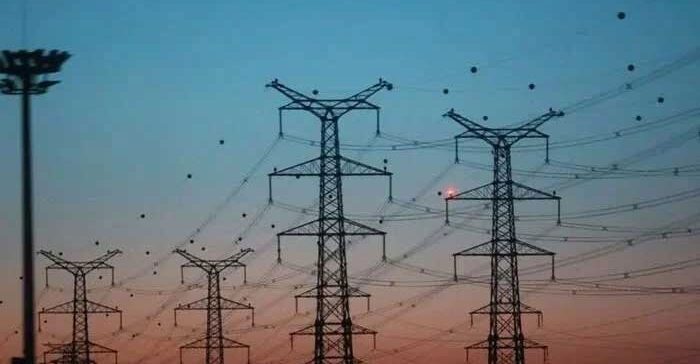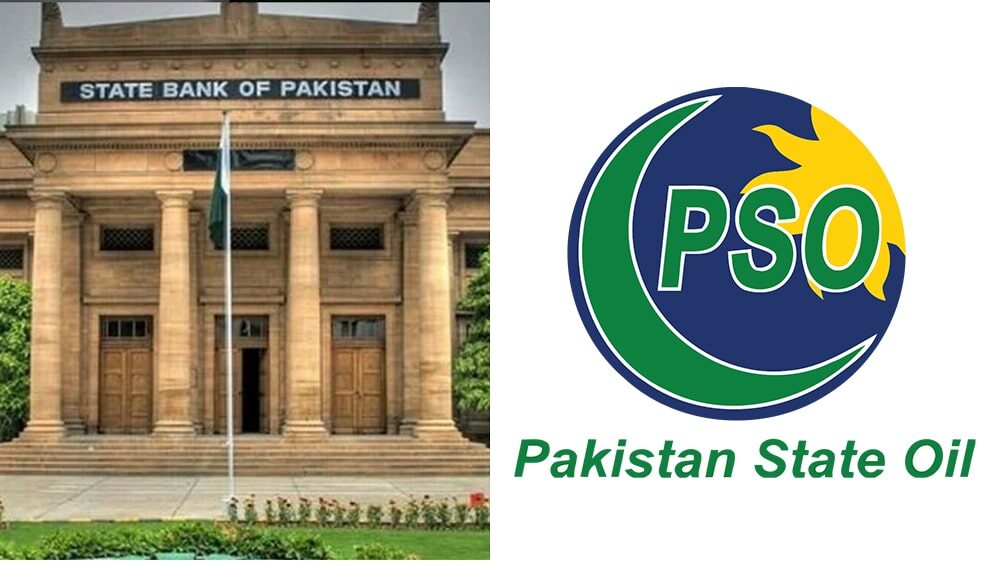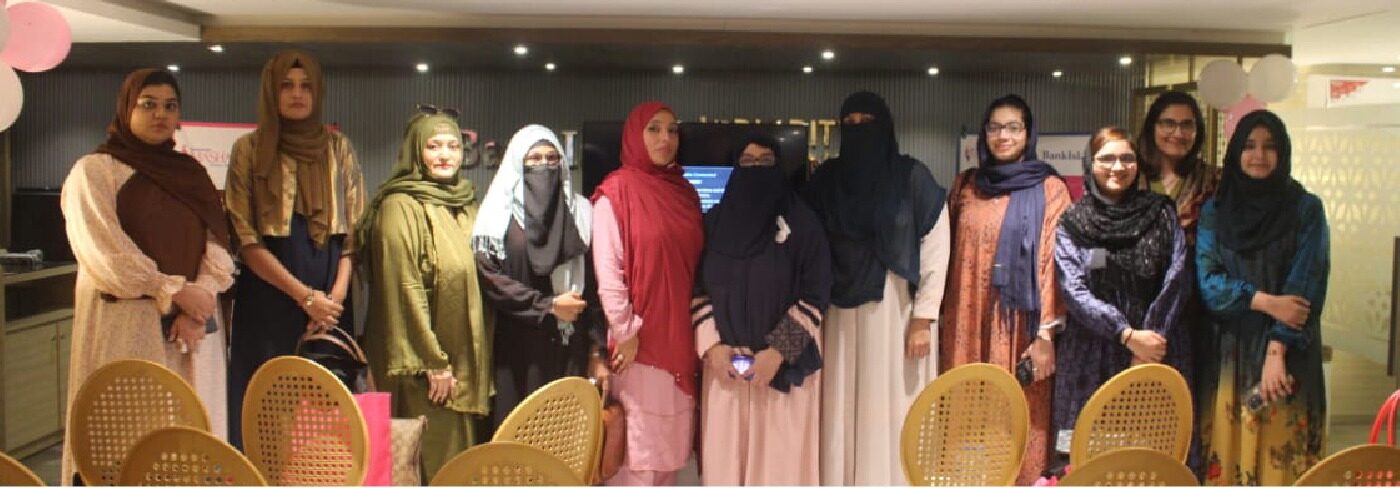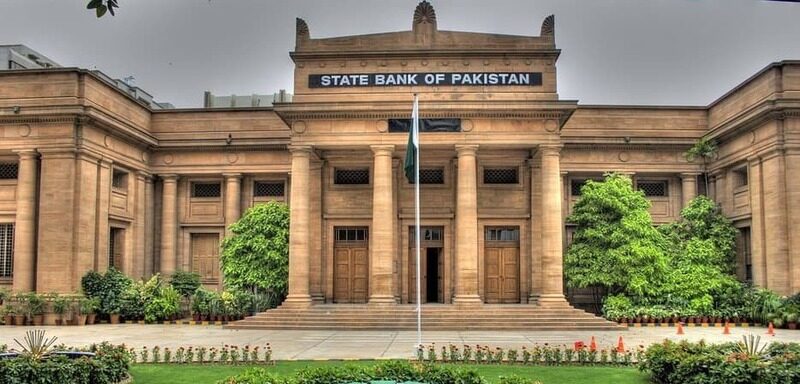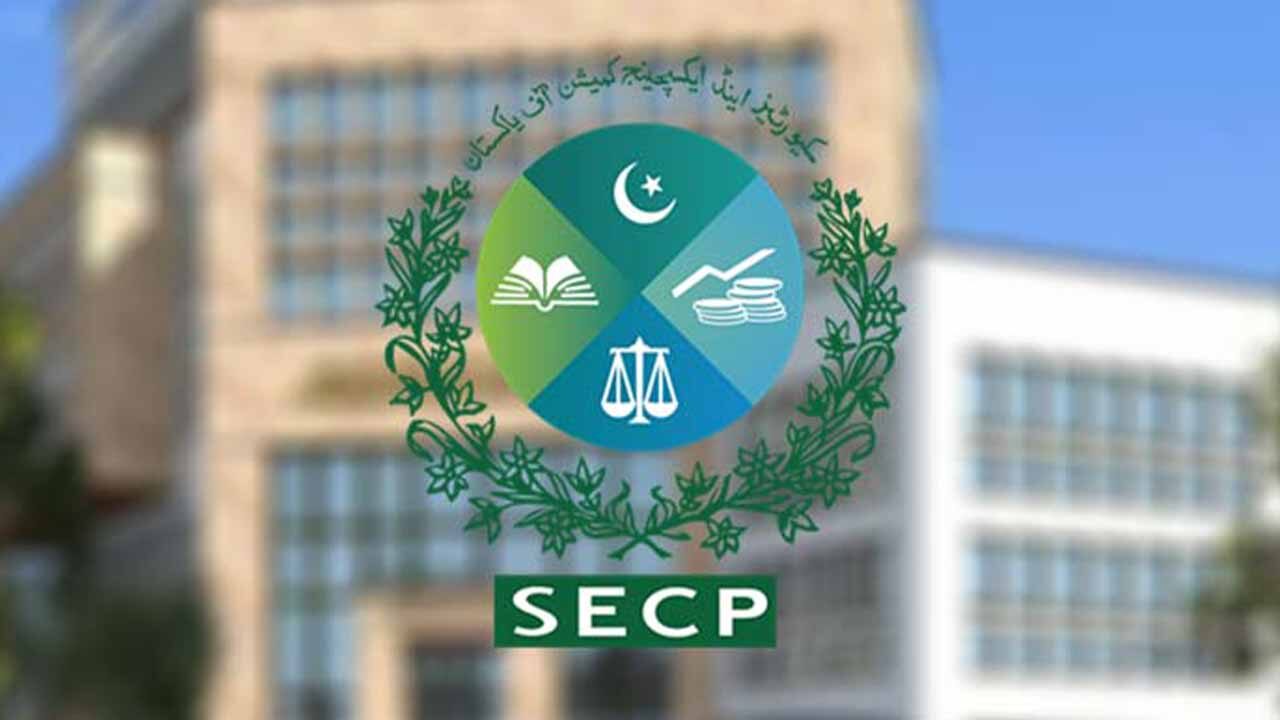ISLAMABAD, October 28, 2024: In the heart of Islamabad, a storm was brewing as ten Independent Power Producers (IPPs) established under the 2002 Generation Policy took a bold step that could reshape Pakistan’s energy landscape. Frustrated by the government’s handling of capacity payments and the rising consumer tariffs, they penned a joint letter to Prime Minister Shehbaz Sharif, laying out their grievances and setting conditions for the termination of their sovereign contracts.
The IPPs Pakgen Power, Nishat Power, Nishat Chunian, Sapphire, Hubco Narowal, Kohinoor Energy, Liberty FSD, Halmore, Laraib, and Orient Power were vocal about the misconceptions surrounding the reasons for escalating consumer tariffs.
In their letter, they highlighted that the average generation tariff stood at Rs 27/kWh, while consumers faced charges over Rs 60/kWh. They emphasized that the rising costs were primarily due to heavy taxes, inefficiencies in the Transmission and Distribution (T&D) systems, and rampant electricity theft, rather than solely the capacity payments that had been vilified in the media.
As tensions mounted, the Prime Minister’s Special Assistant on Power, Muhammad Ali, prepared to engage in negotiations with the IPPs. This meeting was crucial, coming just a day before the government summoned the IPPs for discussions on converting their existing Power Purchase Agreements (PPAs) from a “take or pay” basis to a “take and pay” model. The IPPs were sceptical, arguing that the proposed changes would only serve to destabilize their operations further.
The Task Force on Power Reforms, led by Minister for Power Sardar Awais Khan Leghari, had ambitious plans to terminate the existing contracts, a move that the IPPs argued could lead to financial ruin. They contended that the suggested agreements would require them to bear fixed costs without any guaranteed purchase of electricity by the government, a condition they deemed unprecedented and unfeasible in the global energy market.
In their appeal to the Prime Minister, the IPPs laid out their demands for a fair resolution. They insisted on the immediate payment of past dues upon termination of their contracts, the cancellation of all “take or pay” agreements, the ability to sell electricity to private buyers, and a commitment from SNGPL to continue supplying LNG. Their stance was clear: any significant reduction in consumer tariffs hinged on systemic reforms, including improvements in power sales and the T&D framework.
As the clock ticked down to the negotiation meetings, a palpable tension enveloped the energy sector. The stakes were high, with investor confidence hanging in the balance. The IPPs expressed their willingness to collaborate and contribute to the solution but insisted on equitable treatment across the board.
Their letter concluded with a heartfelt plea for a meeting involving all stakeholders, urging the Prime Minister to reconsider the hastily crafted strategies that could have long-lasting repercussions on the privatization efforts in the energy sector.
In a landscape where power dynamics were not just about electricity but also about economic stability and investor relations, the coming days promised to be crucial. The path forward would require not just negotiation but a collective commitment to a sustainable and equitable energy future for Pakistan.























































































































































































































































































